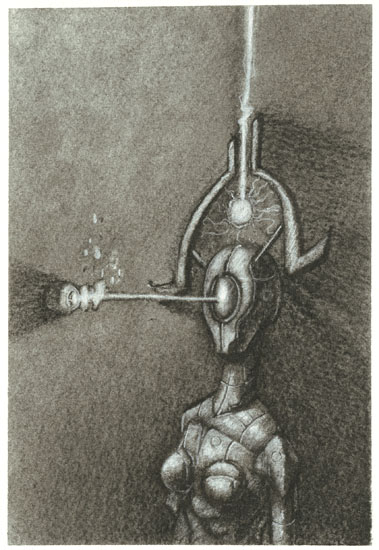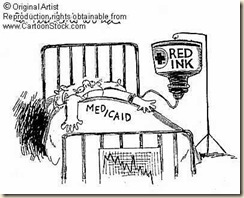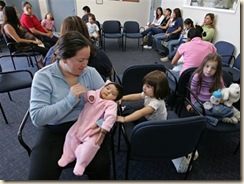Health Train Express ,which began as a blog is transforming into a media hub for bloggers. Several years ago, blogging was considered a “hobby” for ‘geeks’ who were more interested in writing ‘code’ than the contents of their blogs. It still remains so for many ‘bloggers’. There are many blogs which have become “serious’ distributors of newsworthy events, much more than their original intent of ‘social networking’. White social networking remains a core component of of the efforts, new blogs have appeared from interesting sources. More blogs are written now by professional writers and health care policy analysts. Some information from symposia are published in ‘real time’, often quicker than conventional media sources. In some cases blogging appears to be another arm of marketing for corporations, health care entities, internet startups, and more.
The world of blogging is unique that a U.S. cabinet member has a blog (Mike Leavitt, head of the Department of Health and Human Services.) and Billy Joe in Georgia has a blog on growing peanuts, and pecans. Mr. Leavitt pontificates on CMS matters as well as his travelogue around the world to investigate health care in other countries as well as develop international standards for importing and exporting multinational food stuffs.
Each blog has multiple hyperlinks which can transport the reader to related references, other blogs in the same area of interest, and /or also to new subjects. This aspect of blogging will take the reader on expected journies or totally unexpected destinations.
The nut and bolts of blogging have become very user friendly and no special skills are necessary to blog
One measure of this is Microsoft’s entry into blogging with Windows Live Writer. This editing and publishing tool advances the nuts and bolts to one where even elementary school children can blog.
Most blogs have sections devoted to commentary, some moderated and some unmoderated.
So blogging has become one aspect of Health 2.0 or Web 2.0. There are other web resources such as Sermo, iMedexchange,
A quick search engine query reveals a plethora of health and medical related blogs.
Opinions of blogging range from of course acceptance, to should doctors be blogging. There is now a weekly update of medical blogs. By Forbes Magazine, The Wall Street Journal, and Medical Economics to mention a few.
Physicians, health care administrators, patients, health care policy experts, experience a common platform with instant transparency and instant access to medical information. The information becomes a learning experience for all concerned.
In many cases blogs have become an art form, an outlet for providers and administrators. Many are adorned with art, photography, cartoons, humor, videos and even music. Each blogger has their own style ranging from mundane text to carefully planned templates that are instantly recognized and form a trademark for their writings.
The total impact of health blogs is yet to be determined, but there are strong indication it will be a powerful influence not only in the delivery of health care, but also affect policy and health care reformation.
In reading through physician blogs it becomes apparent for all to see that opinions regarding the state of our system are uniform. Many physicians have previously been aware of the commonality of their opinions and the degree of burnout of all concerned. The blog is a format for revealing deeply held thoughts in a moderately impersonal manner without feeling the pain or shame of a negative opinon or a ttitude. Many times the author will express extreme depression, frustration, angst, and even rage at what has happened to their ability and training to care for patients. As this occurs a ‘wave’ of genuine agreement erupts into courage to take action. We saw this in July with the proposed medicare cutbacks. Comments from all areas, patients, physicians, administrators, patients and even a large group of seniors (AARP) decided that our present methods of controlling cost is ridiculous and counter-productive.
Many ‘ordinary’ people are attracted to health care issues, ranging from public health to exciting issues such as open hear t surgery, brain surgery, cancer treatment, as well as what their ‘doctor’ is really thinking. The transparency of blogs offers patients and all concerned entry into the doctor’s lounge and dining room to find out what is ‘really’ going on. There is nothing like being told you have a serious or fatal condition to pique interest and look for more answers.

































 Health Affairs has published an important new study on Pay For Performance (P4P) that concludes it has had virtually no impact on physician practice. That is not to say physician practice isn't improving with time, but P4P programs have little to do with it.
Health Affairs has published an important new study on Pay For Performance (P4P) that concludes it has had virtually no impact on physician practice. That is not to say physician practice isn't improving with time, but P4P programs have little to do with it.